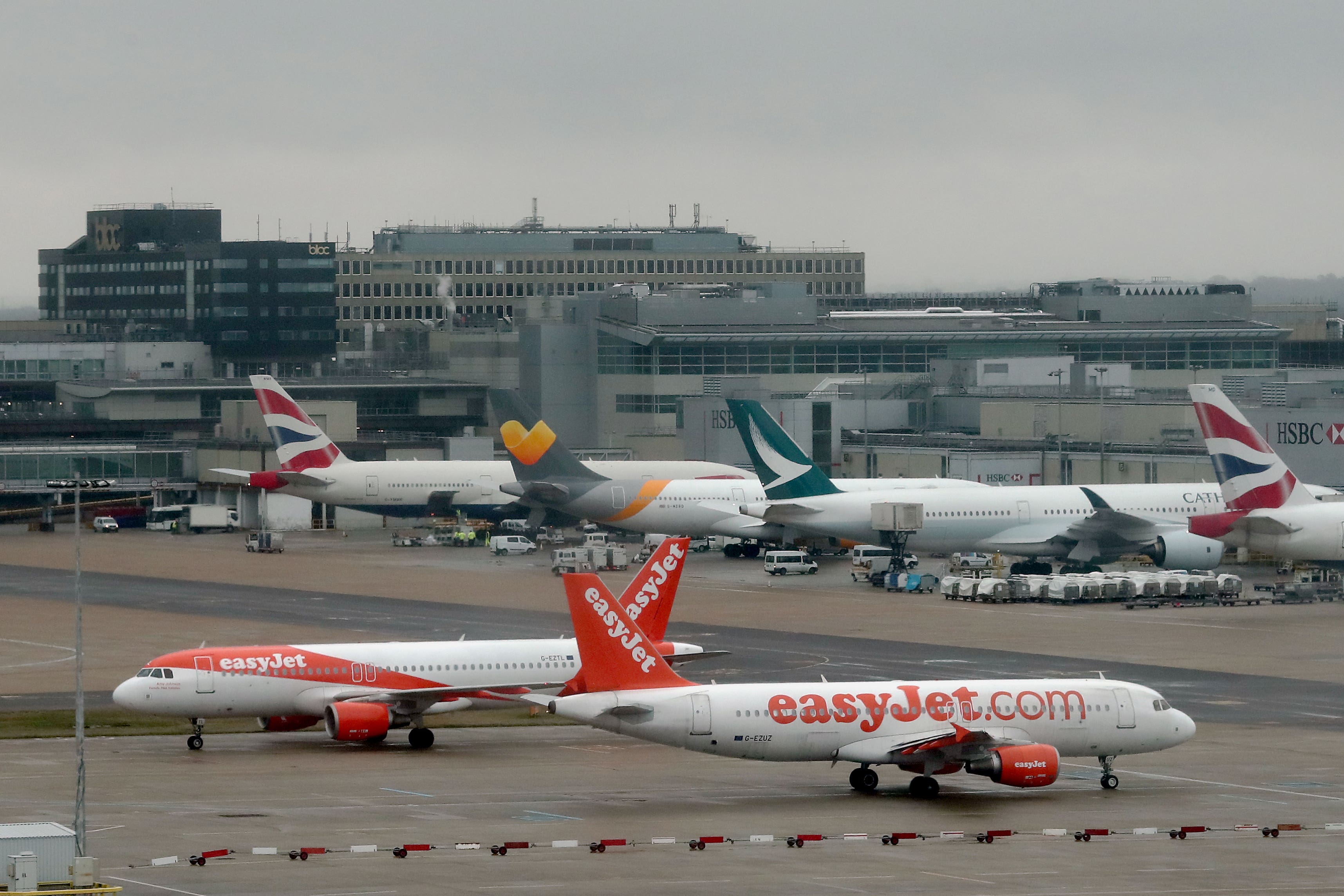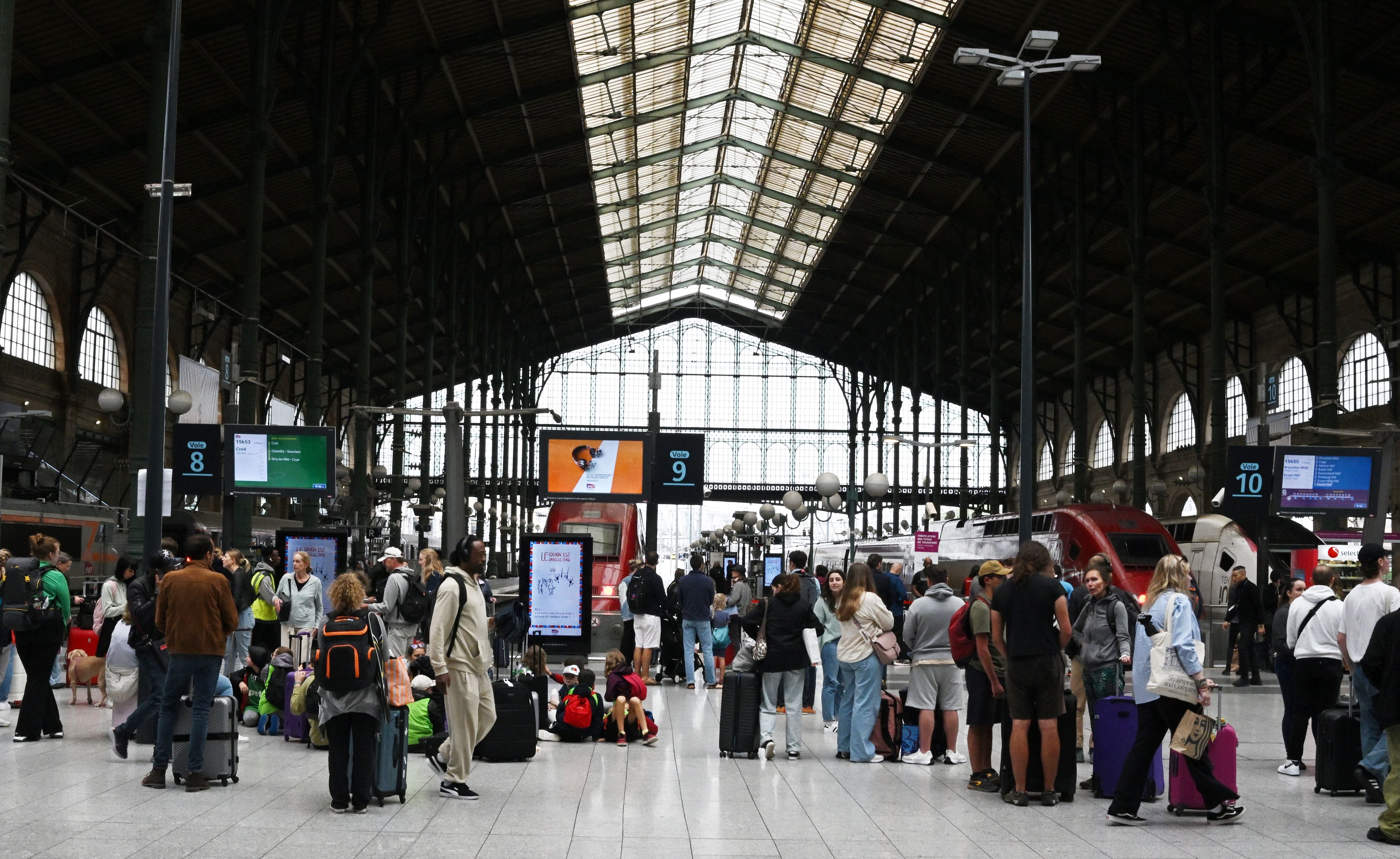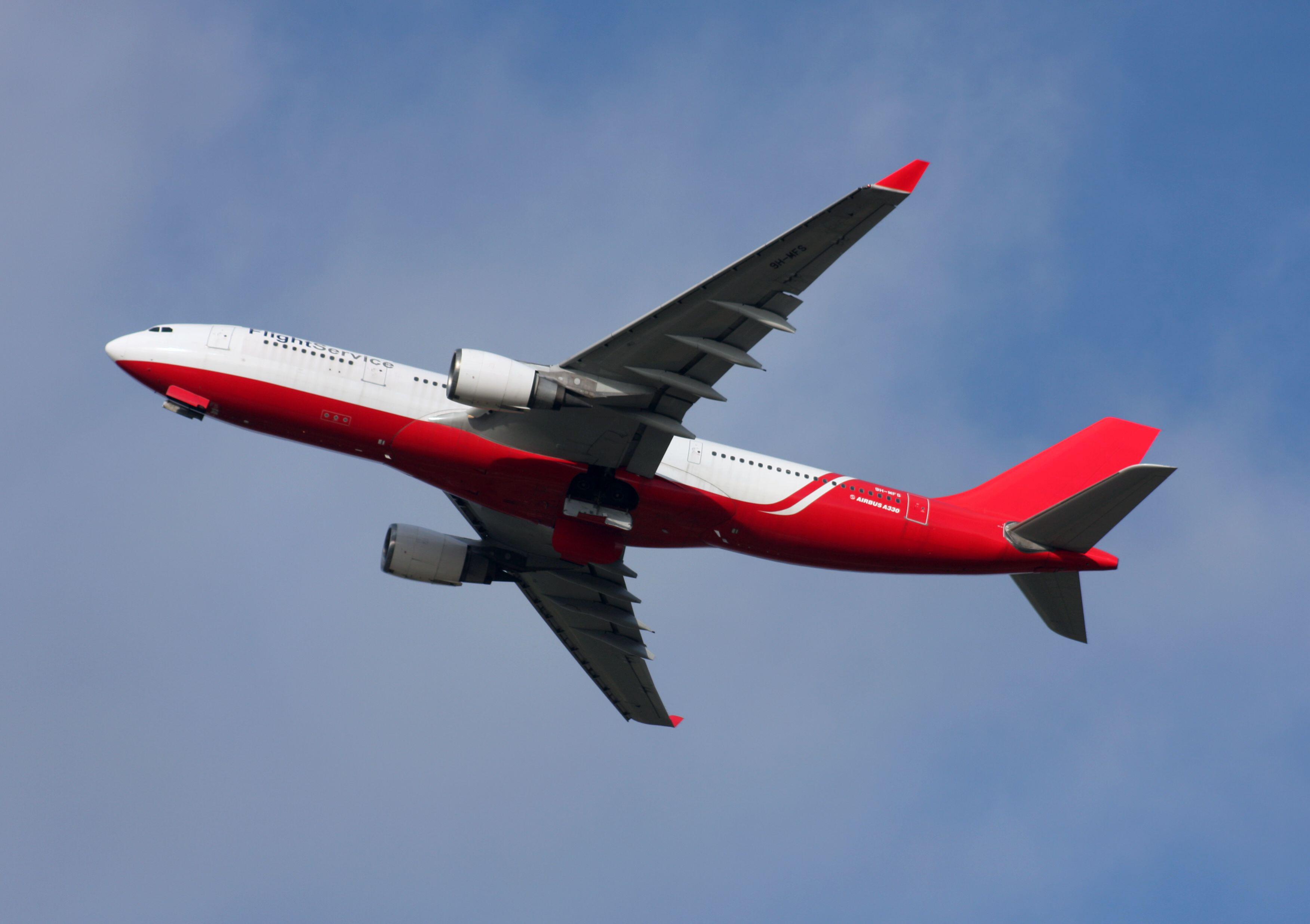Why is Gatwick still having air traffic control problems?
Simon Calder answers your questions on minimum pricing for flights, unheard-of airlines with no entertainment, and being stranded at the airport late at night


Q We’re currently stuck in a two-hour delay at Palma de Mallorca on our way back to Gatwick, apparently still due to air traffic control problems from staffing issues. Do you know why this could still be causing issues a week later?
Vicki G
A Sorry to hear about your situation. Air traffic control staffing has been a problem across Europe all year. The basic issue seems to be this: training the women and men who keep the skies safe takes a long time. During the Covid pandemic, training was suspended largely for reasons of health protection. It requires very close supervision in a confined environment. In addition, air navigation providers were hard hit financially, with no clear signals about when their revenue might return to pre-pandemic levels. So investment in the air traffic controllers of the future was not prioritised.
Right across Europe, from France to Greece, air traffic control centres and airport control towers are short-staffed, with Eurocontrol – the guiding mind for air navigation across Europe – warning of frequent “high overload” in key locations. Russia’s invasion of Ukraine has resulted in closed airspace across a wide swathe of eastern Europe, and the addition of new military corridors has also complicated the picture. Delays typically build up during the day, leading to many flights operating an hour or more behind schedule.
London Gatwick has special problems, not least as the world’s busiest runway. There were staffing issues during the tenure of the previous air traffic control provider at the Sussex airport. Those were known at the time, almost a year ago, when the contract reverted to Nats – the main air navigation service in the UK. Staffing will continue to be a concern until early 2024, when newly trained controllers will be able to start work. But until then, there will be the risk of delays and cancellations attributable to just a single controller going sick.

Q What do you think of the French transport minister’s plan for a minimum price for flights?
Oliver McC
A Clement Beaune is very keen on sustainable transport. He is involved in plans for a Pass Rail in France that will mimic the Deutschland-Ticket: a €49 (£42) monthly subscription that buys unlimited access to trains up to and including regional express status. That is due to come into effect next summer.
But at the same time as boosting train travel, Mr Beaune is quoted as saying that €10 airfares are “no longer possible” as they “do not reflect the price for the planet”. On many intercity journeys within France, flights are much cheaper than trains: just checking Marseille to Nantes, for example, fares in November for the 85-minute journey on Ryanair are currently as low as €17. The lowest rail fare I have found for the seven-hour rail trip is €60.
There are solid commercial reasons why airlines will charge so little: one is that they hope to make a profit by selling “ancillaries” from luggage to assigned seats. Another is that, on flights that are simply not going to fill at high fares, any contribution over marginal cost (for example, airport passenger handling charges, and a little bit of additional fuel burn) is beneficial. Many routes are unbalanced at certain times: so an airline might be making €200 in one direction only on a particular day, with a €20 fare the only way to fill the necessary converse leg.
Governments can make whatever price and tax stipulations they wish, but one possible consequence of this move could be that planes simply fly emptier – to nobody’s benefit.
Incidentally, the French government is getting plenty of plaudits for apparently outlawing short-haul domestic flights. The UK Climate Change Committee said: “The French government’s decision to ban domestic flights where there is an alternative train journey of less than two-and-a-half hours has come into force.”
Except that there isn’t such a ban and there are many daily flights that breach this supposed rule.

Q P&O Cruises customers have just been told that flights from the UK to Antigua will be with a charter airline, Maleth Aero, and not with Virgin Atlantic, British Airways or Tui as thought. It’s an unheard-of airline with no inflight entertainment. We’re up in arms. Any advice?
Carol
A You are one of several P&O Cruises customers who have contacted me about this issue. For its Caribbean season from 3 November to 23 March 2024, P&O will be using the Maltese airline Maleth Aero to fly some passengers from London Gatwick and Manchester to Antigua and Barbados. The flights will be in addition to the Tui Boeing 787 planes that are also being used for the schedule.
Two Maleth Aero planes will be used, both Airbus A330s. They are aged 18 and 21 respectively and have no inflight entertainment. The aircraft and crew are fully certified according to European aviation safety standards – which are very high.
Personally, I would prefer to cross the Atlantic on a Tui 787 “Dreamliner” with good inflight entertainment. But P&O Cruises makes no promises about the planes or airlines it uses for its flight-inclusive packages. The same applies to all holiday companies and airlines: some British Airways passengers this summer have found themselves aboard planes operated by Finnair and Avion Express. Previous P&O Cruises trips may well have featured BA and Virgin Atlantic, but recent history is not a reliable guide to the future arrangements for packages.
Some of the other messages I have received about this suggest that the decision constitutes grounds for cancelling without penalty. I am afraid it does not. If a cruise travel agent assured you that the flight would definitely be on one of British Airways, Virgin Atlantic or Tui, you certainly have grounds to complain – but to the agent, not P&O Cruises. Only if you made the airline a crucial element in the contract you agreed with the agent might you have any hope of securing a refund.

Q Something must be done about airlines cancelling flights, especially during busy summer holidays. My husband’s flight from Liverpool to Spain was cancelled while people were waiting in the departure lounge. It was late at night, a long wait for luggage and no taxis or buses outside. Some people ended up sleeping on the airport floor. I know there can be technical, staffing and air-traffic control problems, to name but a few, but surely to cancel a flight and then wipe your hands of any responsibility is wrong?
Jane J
A You are quite right. Airlines flying from UK (and EU) airports have strict obligations under European air passengers’ rights rules to provide care for their customers if they cancel a flight. This duty is regardless of the reason for the cancellation, including weather or an air-traffic control meltdown.
The regulations stipulate the airline must provide accommodation (and meals as appropriate), as well as transport to get people to somewhere to stay (or, if they are from the local area, to get them home – particularly if no public transport is available). The Civil Aviation Authority insists: “Airlines should organise appropriate care, including overnight accommodation.” That plainly did not happen.
Absurdly, the airlines appear to be able to shrug off their responsibility with impunity. It is in their financial interests to abandon passengers: everyone who sleeps on the floor of the airport saves them paying out for a hotel room. Yes, there may be some reputational damage, but the carriers seem to conclude that the business of resourcing staff, transport and rooms for a cancellation late at night is simply too expensive – and experience shows they will get away without even having their knuckles rapped by the authorities. Rest assured that I am doing my best to persuade the regulators to take action when the airlines fall short and will continue for as long as it takes.
Email your question to s@hols.tv or tweet @simoncalder






Join our commenting forum
Join thought-provoking conversations, follow other Independent readers and see their replies
Comments